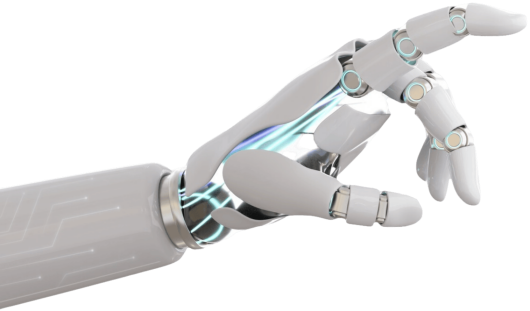
This paper presents a unified architecture for knowledge representation and reasoning based on terminological (description) logics. The novelty of our approach consists in trying to use de scription logics not only for representing domain knowledge, but also for describing beliefs, epistemic operators and actions of intelligent agents in an unitary frame work. For this purpose, we have chosen a decidable terminological language, called ALCreg+ id(C), whose expressivity is high enough to be able to represent actions and epistemic operators corresponding to the majority of modal logics of knowledge and belief. Additionally, we describe practical inference algorithms for the language ALCreg+ id(C) which lies at the heart of our RegAL 1 knowledge representation system. The algorithms are sound and complete and can be used directly for deciding the validity and satisfiability of formulas in the propositional dynamic logic (PDL) by taking advantage of the correspondence between PDL and certain terminological logics [15].
Knowledge Representation System